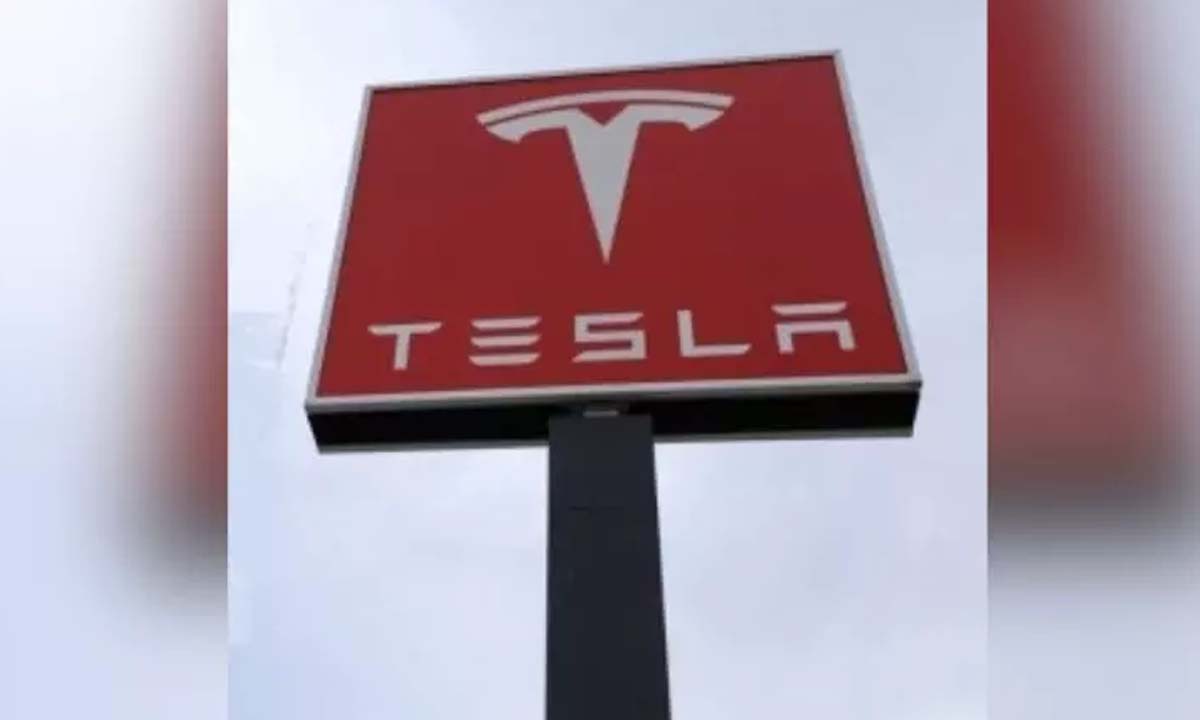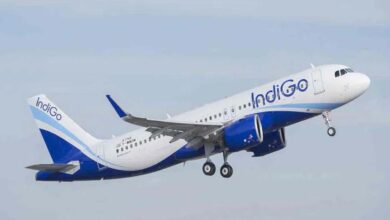
SEOUL: Electric carmaker Tesla, run by Elon Musk, has emerged as a major player in South Korea’s imported passenger vehicle market this year, with BMW, Mercedes-Benz and Audi ending the year as the three best-selling brands. are ready, as shown by industry data. Wednesday.
Tesla’s vehicle sales have been surging since September when it began rolling out the Model Y midsize SUV built at its Shanghai plant at significantly lower prices than U.S.-made versions of the Model Y.
Tesla began delivering its models to the Korean market in June 2017, starting with the Model S 90D. It currently sells the Model S flagship sedan, Model
The Shanghai-made Model Y is widely expected to boost Tesla’s vehicle sales due to its price competitiveness and growing demand for emission-free cars.
According to data from the Korea Automobile Importers and Distributors Association (KAIDA) and local market tracker, in the January-November period, Tesla ranked fourth with sales of 15,439 units, which is higher than its bigger rivals: Volvo with 15,410 units. Cars and Lexus with 12,191 units. The car is you.
Local demand for German brands remained strong this year as an increasing number of consumers prefer high-end and high-performance models. KAIDA data shows that German carmakers, including the three brands mentioned above and the Volkswagen brand, sold a total of 173,579 units in the 11-month period, accounting for 71 percent of total imported vehicle sales of 243,811 autos.
BMW stood above others by selling 69,546 units in the first 11 months, followed by Mercedes-Benz with 68,156 units and Audi with 16,650 units.
Japanese brands – Honda Motor Co, Toyota Motor Corp and its independent brand, Lexus – saw their sales improve this year after years of sluggish demand due to a trade dispute between Seoul and Tokyo.
The neighboring country’s restrictions on exports of key materials to South Korea in 2019 led local consumers to steer clear of Japanese vehicles.
















